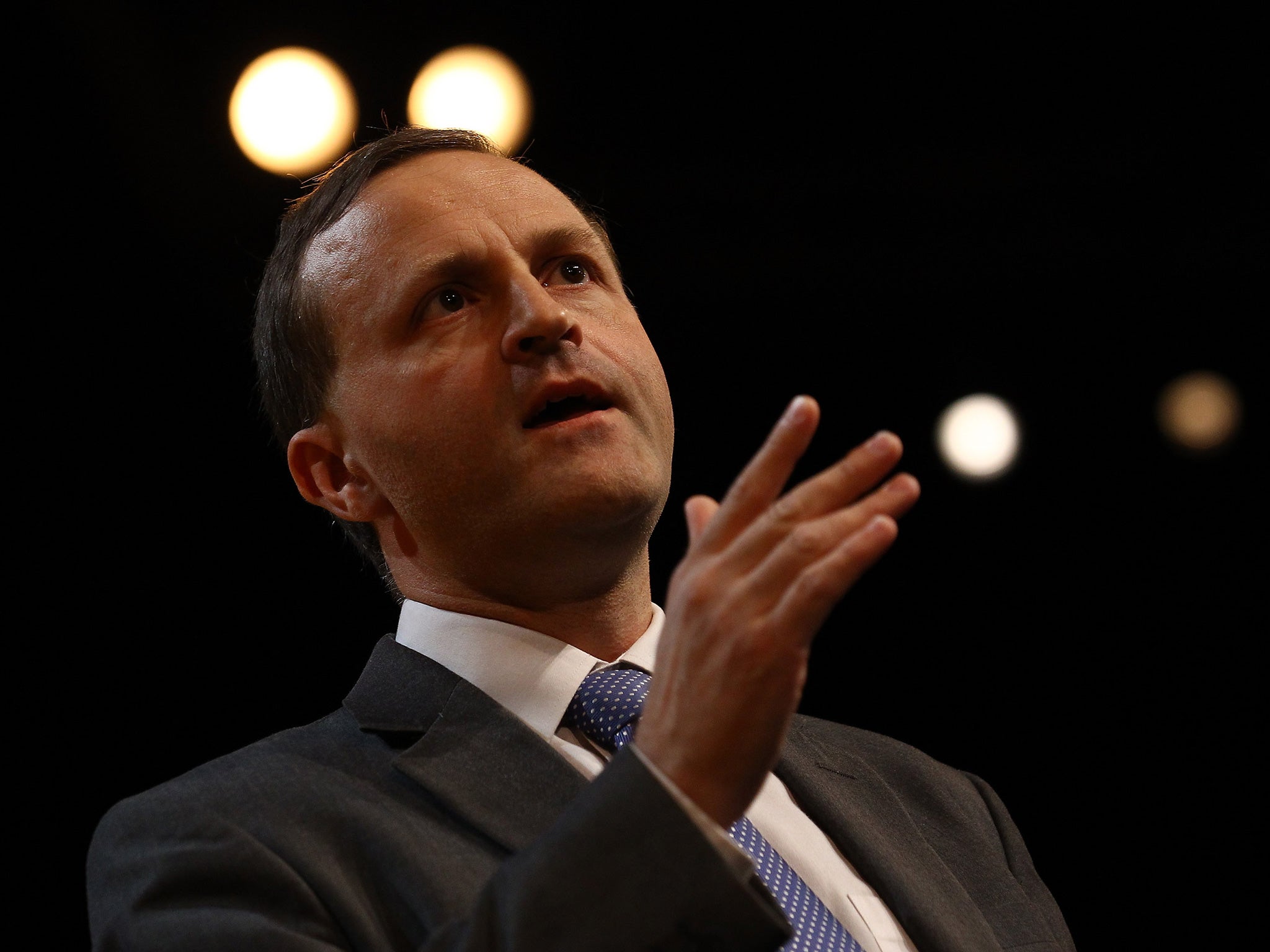Election results: City concerned after many senior MPs in charge of pensions voted out
Industry leaders warned that Westminster now seemed bereft of knowledgable policymakers at a time of unprecedented change for people’s retirement savings

Your support helps us to tell the story
From reproductive rights to climate change to Big Tech, The Independent is on the ground when the story is developing. Whether it's investigating the financials of Elon Musk's pro-Trump PAC or producing our latest documentary, 'The A Word', which shines a light on the American women fighting for reproductive rights, we know how important it is to parse out the facts from the messaging.
At such a critical moment in US history, we need reporters on the ground. Your donation allows us to keep sending journalists to speak to both sides of the story.
The Independent is trusted by Americans across the entire political spectrum. And unlike many other quality news outlets, we choose not to lock Americans out of our reporting and analysis with paywalls. We believe quality journalism should be available to everyone, paid for by those who can afford it.
Your support makes all the difference.The City was grappling with a near wipeout of the senior MPs in charge of pensions. Industry leaders warned that Westminster now seemed bereft of knowledgable policymakers at a time of unprecedented change for people’s retirement savings.
Highly-regarded pensions minister Steve Webb was the biggest loss, having held the ministerial position for the full five year term – far longer than any of his predecessors.
The industry has undergone a revolution under his leadership. But with much of his changes, such as allowing people to access their annuities, still not fully implemented, the industry was concerned about potential problems to come.
“We’ve lost a lot of experience in Westminster and there is a real sense of back-to-square-one,” said Tom McPhail, head of pensions research at Hargreaves Lansdown.
Other high-up pensions legislators who have also lost their seats include Dame Anne Begg, chairman of the work and pensions committee, committee member Sheila Gilmore (Labour), shadow Treasury minister Cathy Jamieson and shadow pensions minister Gregg McClymont.
Liberal Democrat Jo Swinson, who as employment secretary was involved in retirement provision, also lost her seat, while Mark Hoban, former work and pensions secretary, stepped down to take up lucrative corporate work.
But by far the biggest loss was seen to be Mr Webb, who implemented pensions auto-enrolment, the triple-lock guarantee to keep state pensions rising and, most famously, the Conservative plan of freeing up annuities.
“I didn’t always agree with him but he would take the time to explore an idea, make decisions and then implement them. I wish more of government was like that,” said Mr McPhail.
Richard Parkin, head of retirement at Fidelity Worldwide agreed: “The pensions industry is sorry to see an excellent minister leave.”
He added that the Conservative victory meant the key policy on annuities was likely to continue, bringing more certainty to the industry.
However, he cautioned that Mr Webb’s replacement must get a grip on the serious risk that people will be ripped off by unscrupulous salesmen.
Another vexed issue needing urgent attention is that of so-called automatic enrolment in pension schemes for people currently without any retirement provision.
Financial advisory firm Barnett Waddingham said Mr Webb had worked “tirelessly” to make the policy a success since it started in 2012, but that the minimum contributions were still too low to provide for a comfortable retirement.
Join our commenting forum
Join thought-provoking conversations, follow other Independent readers and see their replies
Comments